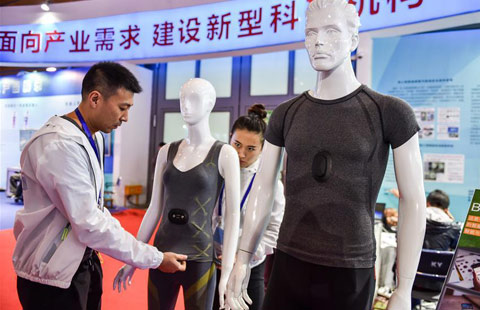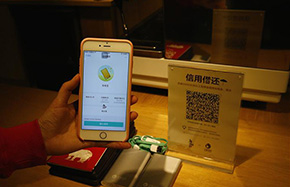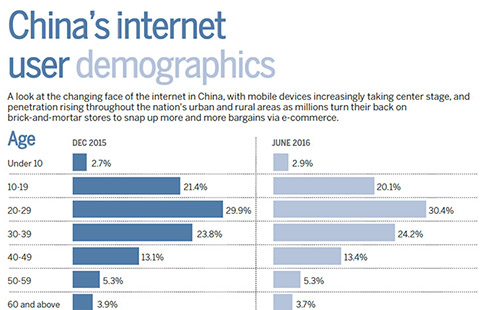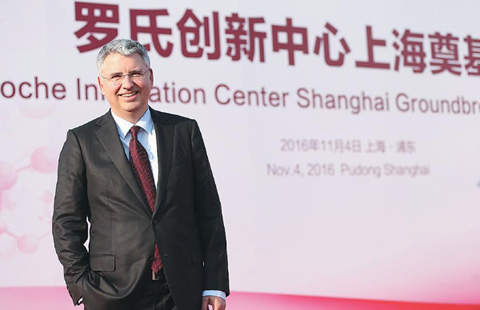Secondhand stores feed frenzy for top-end goods
|
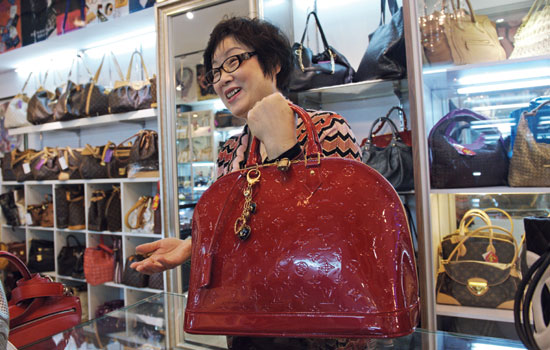 |
|
The owner of Milan Fashion, Julie Zhu, shows a secondhand Dior bag to customers. [Photo/China Daily] |
Pass-me-downs are not so uncool after all, shops in China's big cities are discovering
Buying, let alone carrying around, a secondhand purse may be unpopular in China, but the nation's obsession with luxury goods is driving its young nouveaux riche into bargain basements looking for brand-name bags on the cheap.
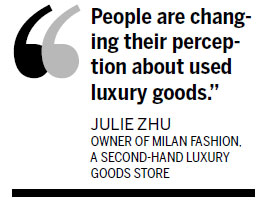
In big cities such as Beijing, Guangzhou and Shanghai, service shops that mend, exchange, buy back and sell secondhand luxury goods are emerging. Outlets of secondhand luxury chains from Hong Kong and Japan are expanding and feeding on China's luxury market.
Julie Zhu, 56, is among the earliest secondhand luxury store owners in Beijing. Zhu, inspired by Milan Station, a pre-owned luxury retailer in Hong Kong, opened her first store 10 years ago.
But Zhu, who named her store Milan Fashion and who has two shops in the capital, said it was not until recently that her business has grown. She said Chinese consumers used to shy away from secondhand bags.
"The first five years were a difficult period and we had to educate customers because they didn't get on board with our new business model," she said.
Business grew after 2008 when the recession hit. She said the global downturn "turned" wealthy customers into loyal ones, shifting their eyes from full-price shops to retail outlets that offer discounts or secondhand luxury products.
Recently, on a trip to Zhu's 40 square meter store, customers packed the shop looking for designer bags including Bottega Veneta, Prada, Louis Vuitton, Dior and Hermes. It was a clear sign that more consumers, at least in Beijing, are looking to the secondhand market for luxury goods.
Zhu said the company has grown more than 20 percent in recent years and has hundreds of bags to sell.
But secondhand designer goods do not always come cheap. A Dior bag, which seemed brand new at the store, sold for close to $4,000, about 20 percent of the retail price. Items that are limited editions or hard-to-find products sometimes sell at higher prices.
"People are changing their perception about used luxury goods," she said. "As Chinese customers who used to think that they were too rich to buy pre-owned luxuries are traveling more and are being exposed to overseas trends, they become more accepting of secondhand stores."
Related Readings
The rich seek luxury - away from home
Keep China's big spenders at home
Luxury brands snake their way into China
Middle-class Chinese snap up overseas luxury
- Second-hand camera shops focus on Web
- Second-hand property turnover rises in June
- Beijing's secondhand housing prices hit 15-month low
- Beijing's second-hand housing transactions hit new low
- Second-hand shops come to the rescue
- Luxury car sales in overdrive
- China's first luxury cruise liner ready to make waves
- China's first luxury liner cruises into service
- The rich seek luxury - away from home
- Keep China's big spenders at home
- Luxury brands snake their way into China
- Middle-class Chinese snap up overseas luxury




